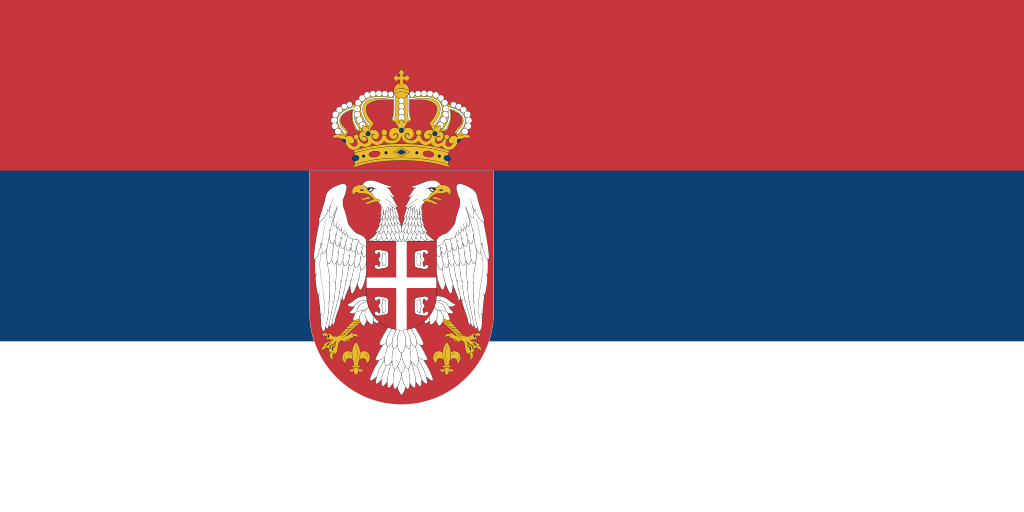Serbia’s Vinča Institute Launches Public Campaign to Dispel Nuclear Energy Doubts
The Vinča Institute of Nuclear Sciences, an institution of national significance, has initiated a series of public lectures across Serbia to address public skepticism and lack of information regarding the peaceful use of nuclear energy

The campaign, dubbed the “Nuclear Tour,” began in Paraćin and is designed to educate citizens and ensure that future strategic decisions about energy policy are grounded in scientific knowledge, according to Slavko Dimović, Director of the Vinča Institute.
“Serbia is much closer to nuclear energy today than it was ten or fifteen years ago following the Chernobyl accident, and it is absolutely capable, from a scientific and technological standpoint, of entering the discussion concerning nuclear energy,” Dimović stated in Paraćin, according to news outlet “Novosti.”
Dimović explained that the core mission is to remove all public doubts associated with the peaceful application of nuclear energy, emphasize that it is “not a boogeyman,” and ensure science is accessible to every citizen.
Following Paraćin, where the lecture was held at the invitation of the Regional Innovation Startup Centre, experts from the Vinča Institute plan to hold similar events in Niš, Kragujevac, Kraljevo, and possibly Novi Sad, with lectures also scheduled at the Institute’s premises in Belgrade.
Background: Serbia’s nuclear energy path
Serbia’s relationship with nuclear energy saw a significant shift recently. The former Yugoslavia began developing its nuclear program in the 1950s, leading to the establishment of the Vinča Institute and eventually the construction of nuclear power plant in Krško, Slovenia in the eighties. However, following the Chernobyl disaster in 1986, the then-Yugoslavia imposed a moratorium on the construction of nuclear power plants in 1989. This moratorium effectively halted any plans for a commercial nuclear energy sector for decades.
The recent move towards re-evaluating nuclear energy is part of a broader European trend to transition to low-carbon energy sources. In a crucial first step toward potential future construction of a nuclear plant, the Serbian government officially lifted the moratorium last year (2024) by amending the Law on Energy.
Source: Novosti
S.A.
